Proper nutrition is vital to your pet’s overall health, but with so many available food choices, it’s no surprise that our veterinary team members get many questions about this important decision. Here are the basics of companion animal nutrition, as well as answers to pet owners’ most frequent questions.
Pet nutrition 101
Nutrition is the process of receiving and using the proper food to promote maintenance, growth, and, if relevant, reproduction, and to prevent many health problems. Good nutrition is especially important for pregnant pets and pets recovering from surgery or illness. The nutritional requirements and amount of food needed will vary for each pet, depending on the species and the amount of energy his lifestyle dictates.
Pet foods that provide ideal nutrition will include six basic components—proteins, fats, and carbohydrates, water, vitamins, and minerals.
Energy-producing nutrients
Proteins, fats, and carbohydrates are nutrients required to produce energy, and, in turn, support other processes.
- Proteins — Energy produced by proteins is required for:
- Building and repairing body organs and tissues
- Fetal development
- Providing building material for enzymes and hormones
- DNA transmission
- Fats — Called lipids, fats come as solids and oils, and are essential for:
- Energy
- Absorption of fat-soluble vitamins
- Essential fatty acids
- Carbohydrates — Carbohydrates contain carbon, hydrogen, and oxygen, and are converted into energy used for supporting bodily functions and producing body heat.
Nutrients that do not produce energy
Water, vitamins, and minerals are not energy producers, they but have other important functions.
- Water — The most important nutrient, water is found throughout the body, inside and outside cells.
- Vitamins — These organic substances are required in small amounts to maintain growth and health. Vitamins do not build body tissues, but they allow for chemical reactions, such as regulating digestion, supporting vision, fighting disease, and maintaining the nervous system. Thirteen vitamins are broken into two categories:
- Fat-soluble vitamins, which include vitamins A, D, E, and K, are stored in the fatty tissues and liver
- Water-soluble vitamins, which include vitamins B and C, travel through the bloodstream and are eliminated in urine if not needed immediately, so must be replaced often
- Minerals — Inorganic substances, minerals include calcium, iron, phosphorus, and potassium, which, although they comprise less than 1% of body weight, are essential for metabolic processes to take place.
Frequently asked questions about pet foods
Here are some questions we often hear from pet owners, like you, who want to feed their pets the best, healthiest diet.
Question: So many pet foods are on the shelves—I recently saw one made by my favorite Food Network chef—how do I know which one to pick?
Answer: We hear this great question the most. A new pet food company seems to sprout up every day, and so many choices can be overwhelming. We recommend that, first, you do some research. We look for these two things when choosing food for our own pets:
- The pet-food manufacturer has a board certified veterinary nutritionist on staff.
- The food package includes a statement from the American Association of Food Control Officials (AAFCO) that the food is complete and balanced for your pet’s life stage based on feeding trials.
Q: Can you recommend a specific brand?
A: Many small, boutique pet-food companies keep cropping up, but we prefer to rely on reputation and science, so we recommend Hill’s, Purina, Iams, and Nutramax. These companies have been around for many years, have board-certified veterinary nutritionists on staff, and constantly conduct research.
Q: I am a vegan. Can I feed my pet vegan food?
A: This is a tricky question—you may be able to find a suitable vegan diet for your dog, but we recommend that you schedule an appointment and bring us the label of the specific food you have in mind, so we can discuss whether the diet is appropriate. For cats, who are natural carnivores and need meat, commercial vegan diets are inadequate and inappropriate.
Q: I eat a gluten-free diet, and I’d like to feed my pet a grain-free diet, too. Is this OK?
A: Recent studies show that grain-free diets can potentially cause life-threatening, acute heart failure in dogs, so we do not recommend feeding your dog a grain-free food. Also, only three or four Irish setter dogs have been diagnosed with gluten problems.
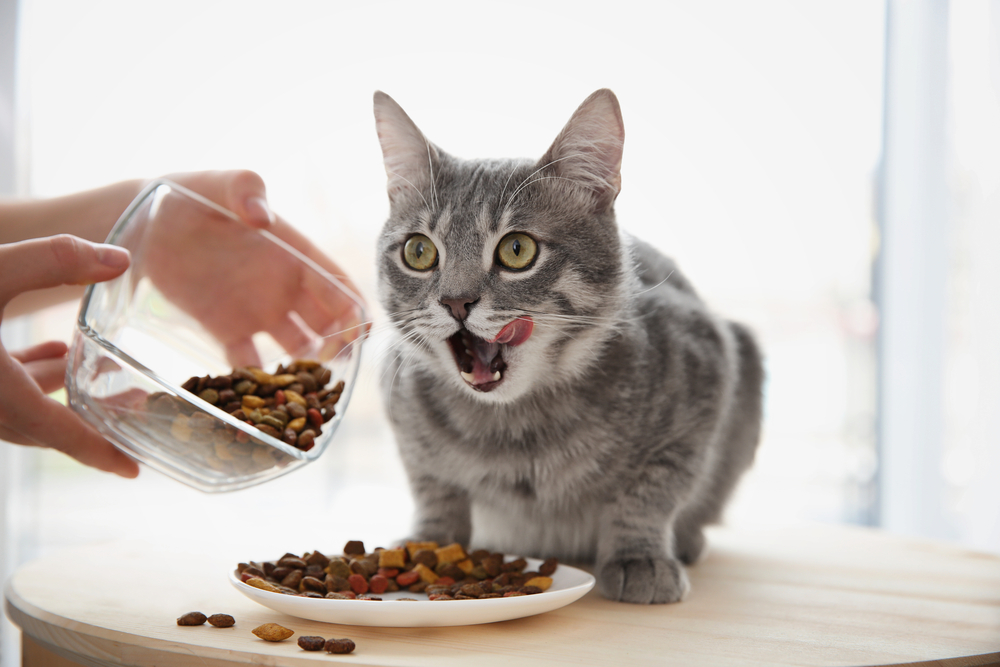
Q: Should I buy the brand of food recommended by the pet-food-store cashier?
A: Thank you for checking with us. It frustrates our team to hear that a cashier, who is only in the business of selling pet food, gives advice that is usually wrong. We are in the profession of preserving your pet’s health and giving educated advice about the food that best suits his needs.
Thank you for trusting us with your pet—it is our great honor. If you have more questions about your pet’s diet, give us a call. We realize that nutrition can be a confusing topic, but we can help.

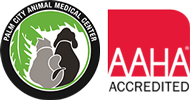
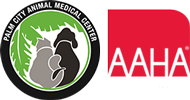

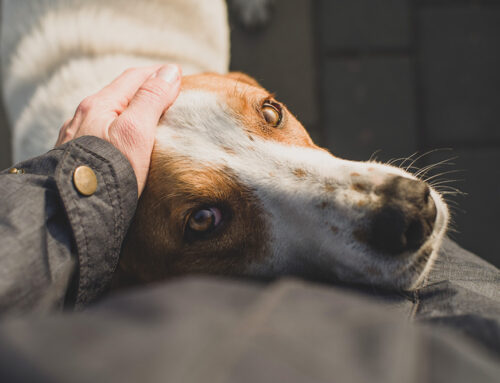
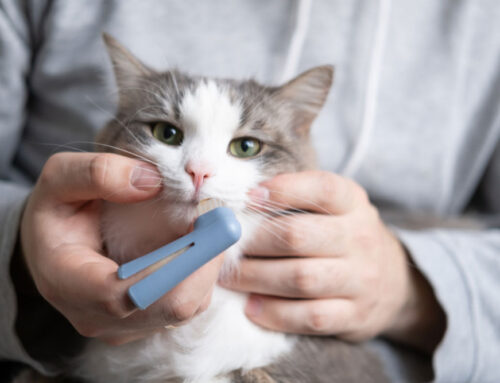


Leave A Comment